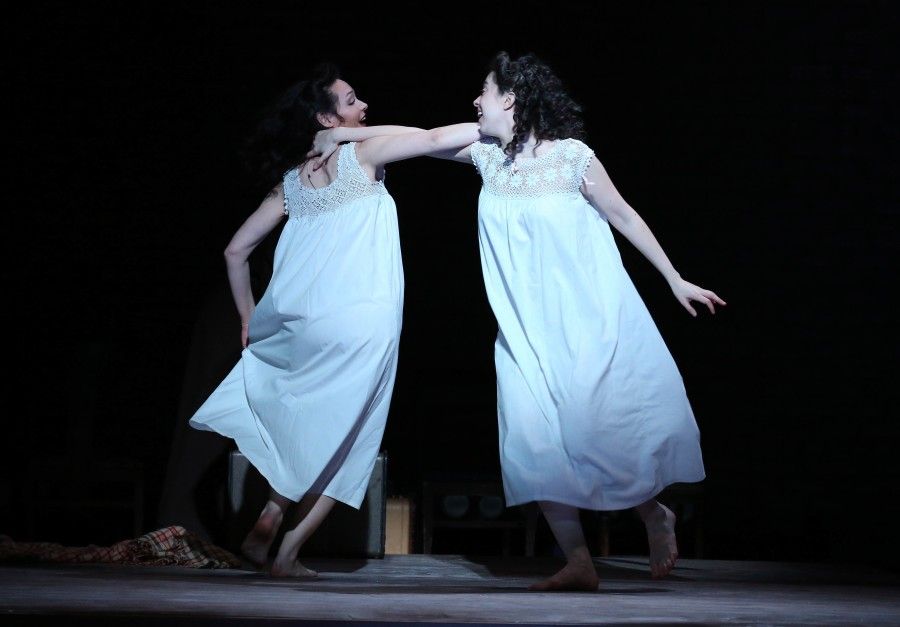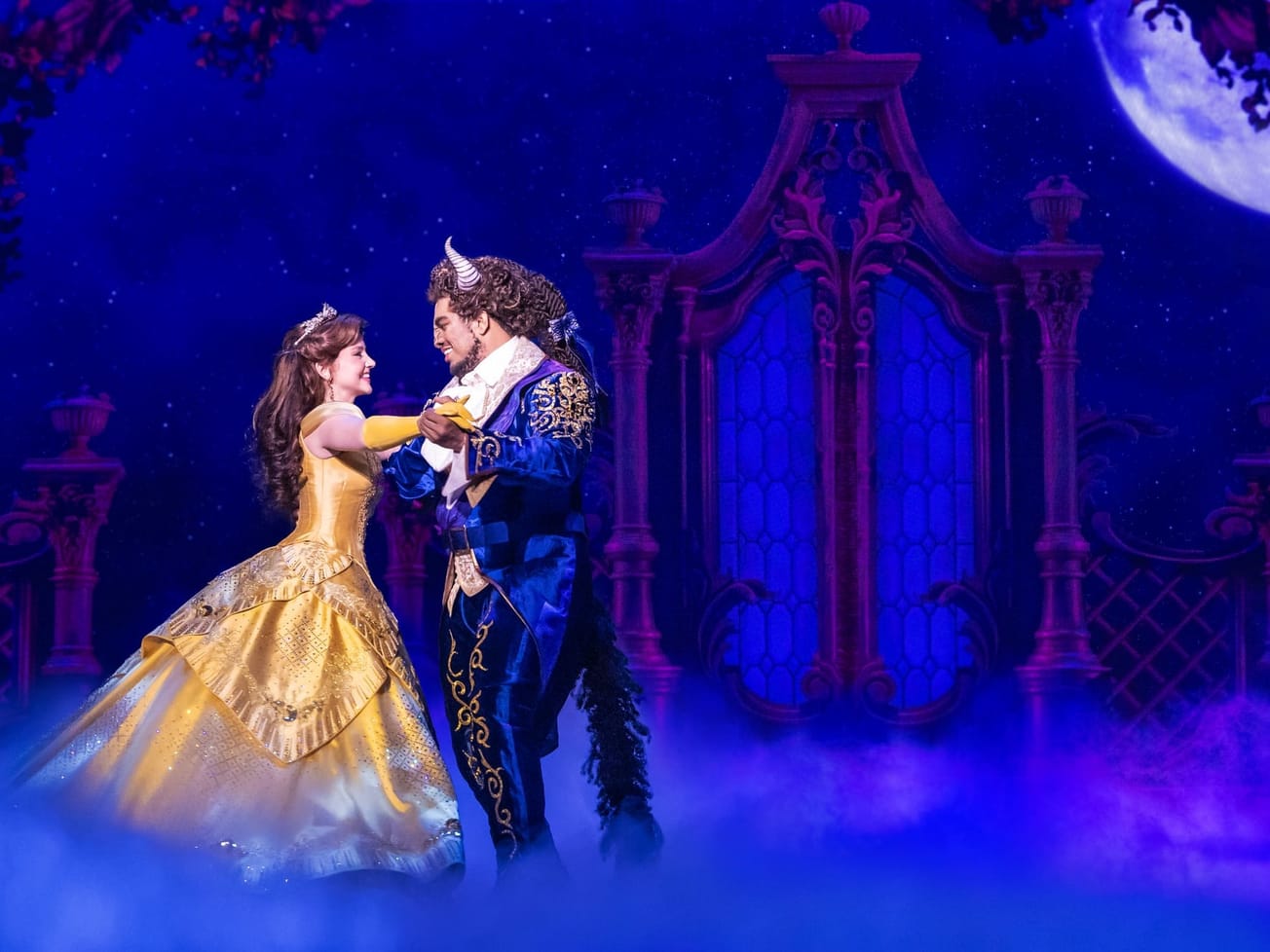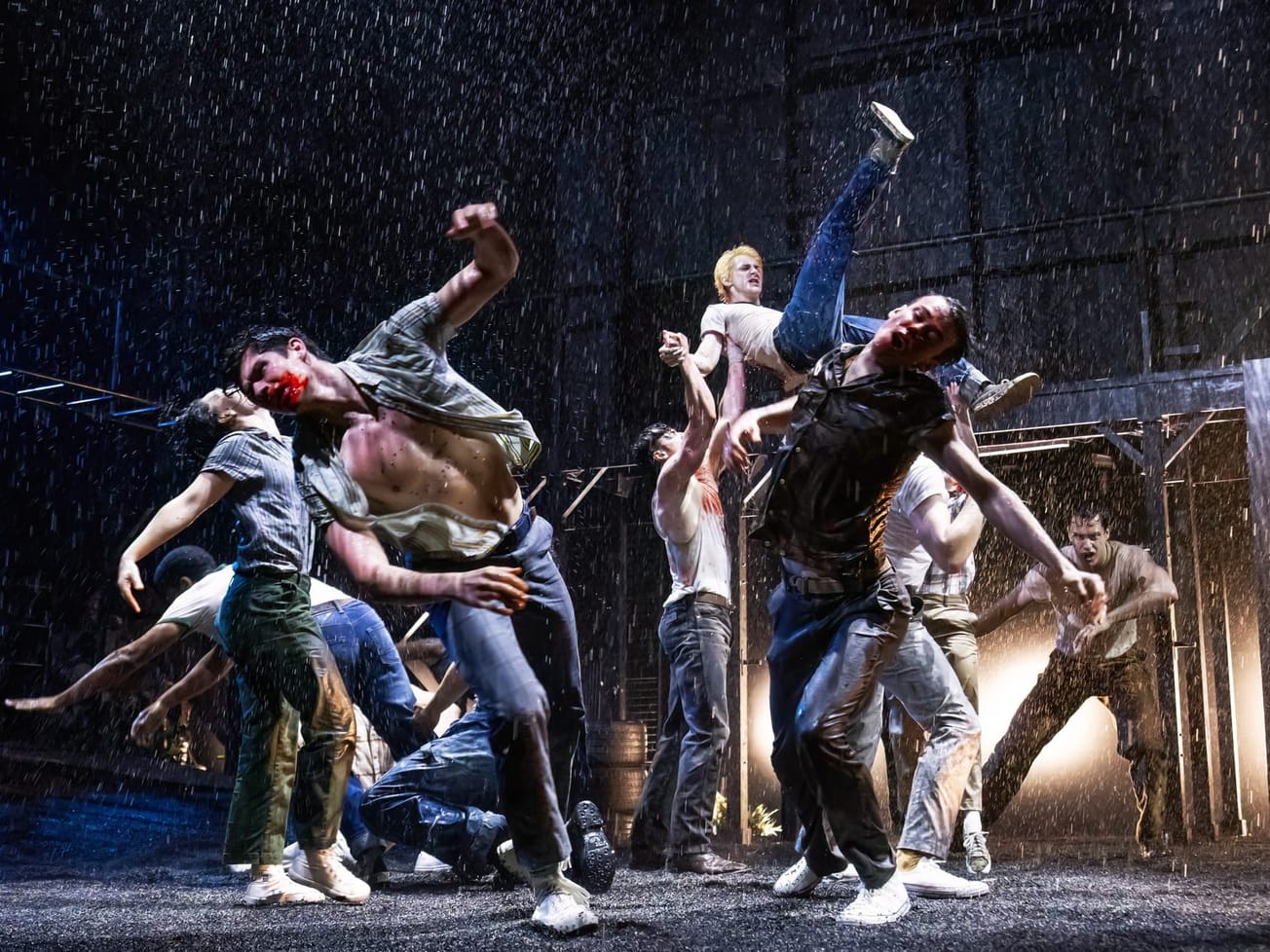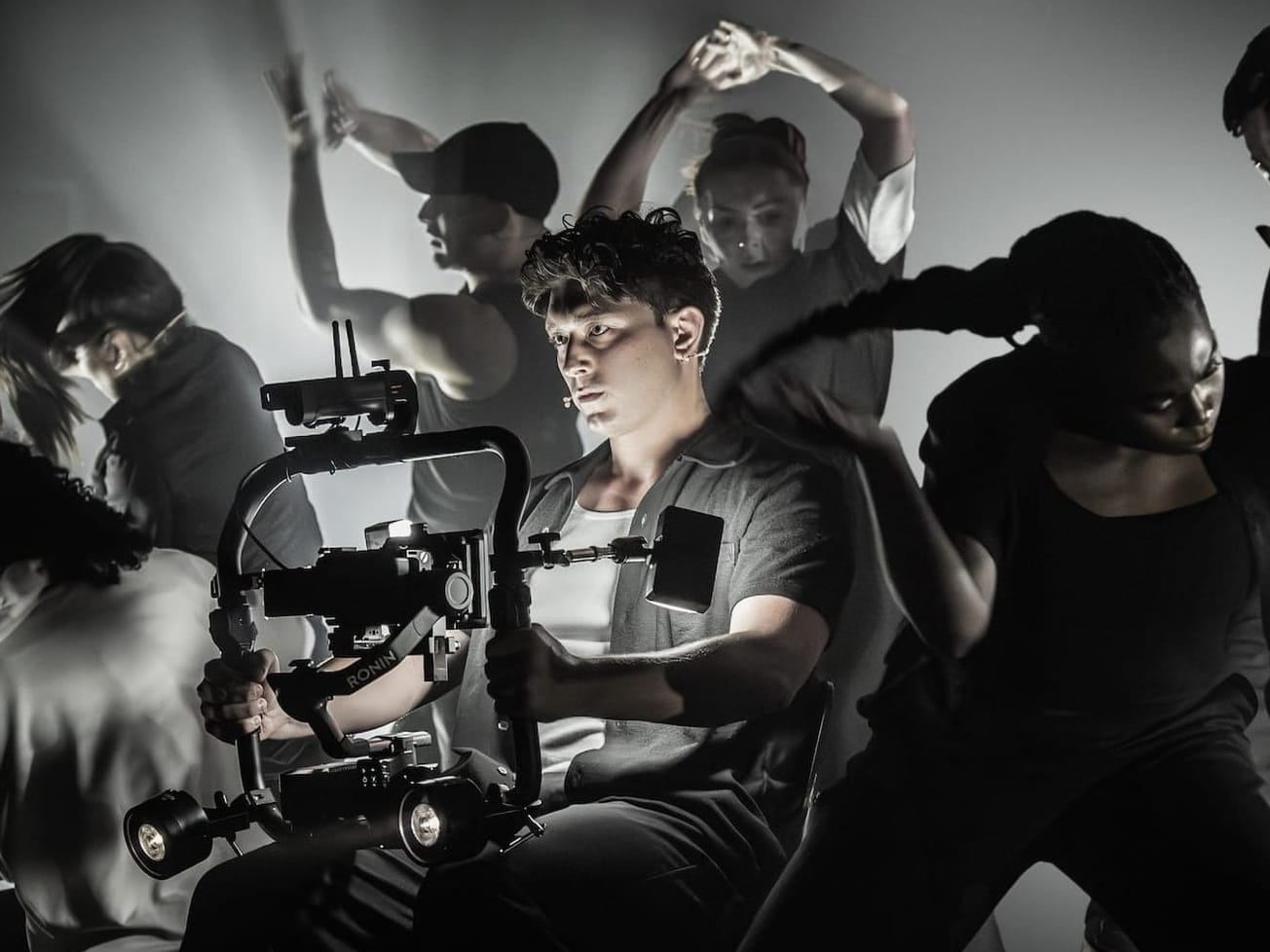The Dramatists Guild of America has issued a detailed statement in response to the cancellation of high school productions of “Indecent” and “The 25th Annual Putnam County Spelling Bee” due to their content. The statement condemns the actions and offers to help the affected students.
This Feb. 6 statement came on the heels of an earlier joint statement from the Guild (with the National Coalition Against Censorship, Dramatists Legal Defense Fund (DLDF) and PEN America) objecting to the cancellation of Paula Vogel’s “Indecent.”
The Guild, in conjunction with DLDF, is offering to help students find a safe way to put on productions of these shows. The organizations have also launched an effort to track canceled productions across the country. “The Dramatists Guild has created a form for theater writers and educators across the country to report recent cancellations of their work,” the statement reads. Submissions “will aid the Guild and the larger theatrical community in supporting the efforts of these writers and educators to produce theater in their communities and speak out against censorship in all forms.”
Vogel’s play was set to be performed at the Douglas Anderson School of Performing Arts in Jacksonville, Florida. “Spelling Bee” was going to be presented at Cardinal High School in Middlefield, Ohio.
“Indecent” was canceled on the day of the first rehearsal. Anderson principal Tina Wilson said that after another review was done of the play, it was decided that Chekhov’s “The Seagull” was more appropriate.
“Indecent” is a Jewish-themed play about censoring the Jewish-themed play with a lesbian love story “The God of Vengeance.”
“The irony of a school censoring Indecent, a play about censoring a play, would simply be a cause for eye-rolling were it not so insidious,” reads the Guild statement.
The Guild further recognizes that the Florida school and district have denied that the Parental Rights in Education Act (aka the “Don’t Say Gay” law) had an impact on the cancellation; but the organization emphasizes the danger of the law to free expression in the area overall.
The statement also notes, “At a time when anti-Semitism is on the rise, the school’s cancellation of a Jewish-themed play about the historical impact of another Jewish-themed play, with both plays written by Jewish playwrights and featuring a romantic relationship between two Jewish women, has dark implications.”
“Spelling Bee,” written by Rachel Sheinkin and William Finn, was canceled months into rehearsals after a parent complained about vulgar content. (Of significance, the song “My Unfortunate Distraction” was already being rehearsed as a provided alternative to the Broadway script’s “My Unfortunate Erection.”) The Guild notes that the musical is one of the most frequently produced in schools around the country.
The Anderson students were attempting to find a way to reschedule a production of “Indecent” with Vogel’s help and support from the Guild, but the students feared what could result. In its statement, the Guild and DLDF offers to support students if they wish to “present a performance online, or in another locale, or in some other way that would allow them to experience this story for themselves without putting them in jeopardy.”
“If you stand up, we will stand with you, because the only alternative is silent compliance…and that’s no option at all,” the statement declares.
In addition to the new tracking form, the Guild shared toolkits for organizing against censorship in public schools and on college campuses.
“Both schools have shirked their responsibility to educate and foster the free exchange of ideas,” the statement reads. “They are also allowing the most vulnerable kids in their care to be marginalized. Rather than expanding the conversation by allowing the plays to go forward (they could, for example, host community discussions on these issues, to provide greater context for the productions), they are normalizing censorship, modeling it for their students as acceptable, and demonstrating to the oppressive factions in their communities that these pressure tactics work.”
Read the full statement here.


























































